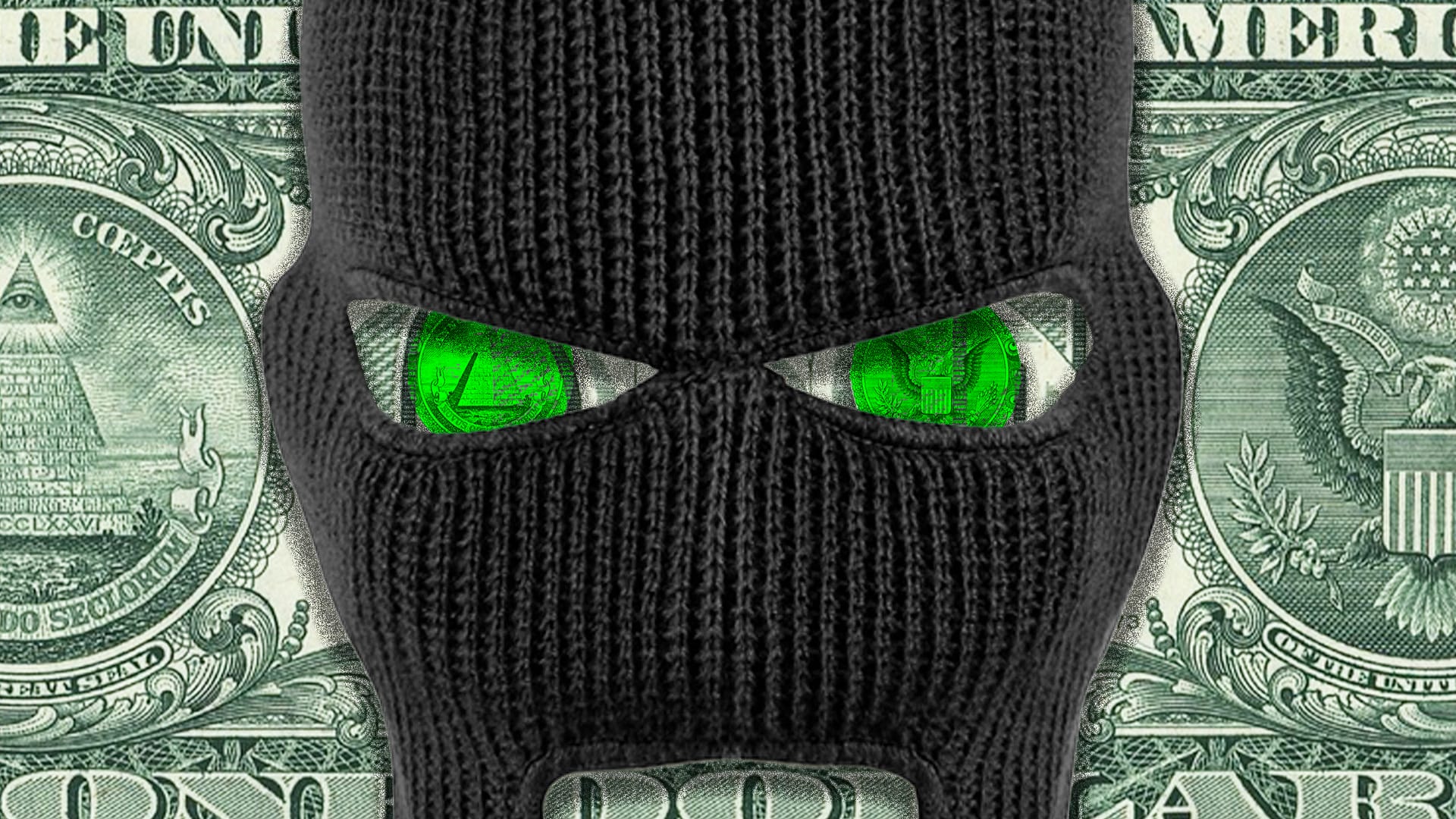
The Tehran-Washington crypto connection
There is a saying that the best way to make money during a gold rush is to sell picks and shovels. The worst way, presumably, would be to run a government taskforce drafting regulations for the retailers of picks and shovels.
Perhaps relatedly, Bo Hines – who from January to August was the executive director of President Donald Trump’s council of advisors on digital assets – has been hired to run the US operations of Tether, the company behind USDT, the world’s largest stablecoin. USDT is a cryptocurrency that functions a little like a pick/shovel does during a gold rush. Now Tether will release a new U.S.-based stablecoin called USAT.
Anyone alarmed by the implications of Hines changing sides can be reassured. There is no conflict of interest, because Hines himself said so: “I stepped down from my roles touching anything related to crypto in the White House and I felt like this was a fantastic opportunity to jump into the private sector.”
Subscribe to our Coda Currents newsletter
Weekly insights from our global newsroom. Our flagship newsletter connects the dots between viral disinformation, systemic inequity, and the abuse of technology and power. We help you see how local crises are shaped by global forces.
It must have smarted for Hines to be languishing in the public sector drafting regulations for the crypto rush, while in the private sector people – including family members of senior administration officials – were making billions of dollars. USDT, the stablecoin Tether has created for the US market, is being marketed in partnership with Cantor Fitzgerald, which is run by Brandon Lutnick, son of Howard Lutnick, the U.S. Secretary of Commerce, so that too is being kept in the family.
In order to guarantee that Tether’s tokens will always be worth the same as a dollar, it owns a lot of US debt: some $127 billion worth at the end of July, which works out basically as $127 billion of free money for the U.S. government.
“Tether is by far and away the most important private-public partnership the U.S. government has, we’re buying more treasuries than anyone else in the private sector,” said Hines, which is an interesting way of defining ‘important’. Once upon a time, the major defence contractors would have ranked top of the list, but now it’s a company that buys debt so Trump can keep cutting taxes for his friends.
This is not to say the U.S. government isn’t concerned about crypto. The Office of Foreign Assets Control has sanctioned Iranian nationals, Alireza Derakhshan and Arash Estaki Alivand, and a network of foreign enablers, who were selling Iran’s oil to raise money for its armed forces via the medium of cryptocurrency.
“Iranian entities rely on shadow banking networks to evade sanctions and move millions through the international financial system,” said John Hurley, Under Secretary of the Treasury for Terrorism and Financial Intelligence. But you’ll scour that press release and related documents in vain for information about what specific cryptocurrency was being used by the Iranians to finance the sale of hundreds of millions of dollars worth of oil. Luckily, you can turn to this bit of analysis from Elliptic: “Alivand’s addresses have received a total of $300 million, while Derakhshan’s have received $442 million, mostly in the USDT stablecoin”.
Oh.
So, Iran sells oil for USDT; which creates demand for Tether; which buys US government debt. Cut out the middleman and essentially, thanks to the magic of the blockchain, the Iranian and US governments are in business with each other.
It seems a bit weird that the United States so enthusiastically prints $100 bills even though the only significant market for them is organised criminals, who do far more damage than the U.S. makes in profits from the trade. And it’s very disturbing that the government IS making the same mistake with cryptocurrencies.
TUVALU AHOY!
One of the annoying things about financial skulduggery is that new techniques keep getting invented all the time, even as the old techniques remain as useful as ever. If crypto is offshore’s newest manifestation, then flags of convenience are probably its oldest.
Ships have been flying other countries’ flags as a ruse de guerre for centuries, but it only really became a formalised business technique in the 1920s when American vessels reflagged as Panamanian so they could sell alcohol during prohibition. But as with everything offshore, a trick invented for naughty rich folks – in this case so they could drink cocktails without legal consequences – has morphed into a tool for criminals and scumbags to make life worse for everyone.
Flags of convenience are almost ludicrously artificial, even by the standards of other offshore trickery, in that registries often have only the sketchiest relationship with the country they’re nominally part of. The Palau, Marshallese and Liberian ship registries are all in the United States (as was Panama’s, until recently); St Kitts and Nevis’ is in the UK; Tuvalu’s is in Singapore; Togo’s is in Lebanon, etc. Small countries are basically just hiring out their sovereignty so foreigners can do dodgy stuff with boats.
The most recent manifestation of this is in Russia’s shadow fleet of ageing oil tankers, some of which lost their Liberian flags and re-registered under the flag of Gabon (effectively a private company based in the UAE), as they sought to continue evading Western sanctions while they sail through the English Channel. “The ease with which vessels can obtain flags without scrutiny, avoid ownership transparency and escape enforcement actions has created the conditions for an entire parallel shipping ecosystem,” notes the Royal United Services Institute (RUSI) in this fascinating paper.
Western countries have sought to do something about this, and some larger registries have become more compliant under pressure, but that has just encouraged new countries to hire out their flags to all-comers, including “Cameroon, Comoros, Gambia, Honduras, Mongolia, São Tomé and Príncipe, Sierra Leone and Tanzania”. RUSI calls for states issuing flags of convenience to be checked by the Financial Action Task Force, which raises the prospect of blacklisting for rogue actors.
I am not as a rule a big fan of the FATF (or indeed of how it goes about blacklisting countries), but the situation has got so bad, that perhaps it is the only body that could now make a difference and head off consequences that are almost impossible to overestimate. “Without such action, the shadow fleet will continue to entrench itself as a parallel system that threatens financial security, undermines legal norms, poses immeasurable environmental risk and raises the threat of geopolitical escalation,” RUSI’s paper concludes.
A version of this story was published in this week’s Oligarchy newsletter. Sign up here.











